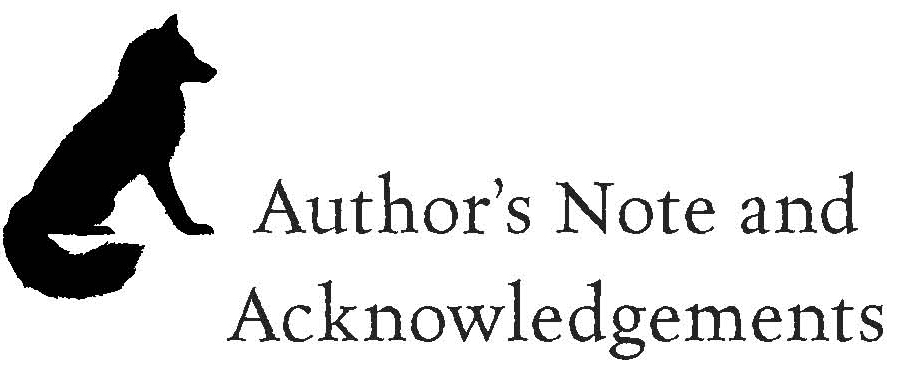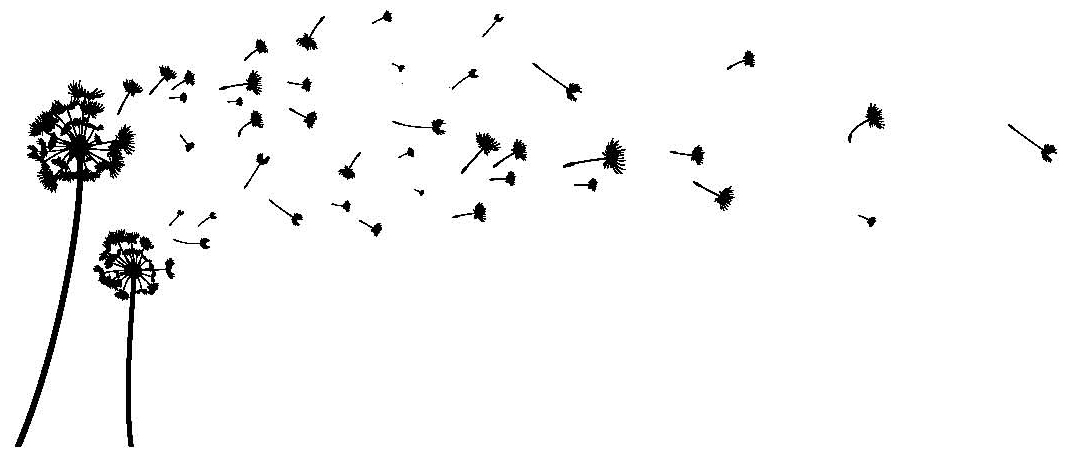
From his first ‘investigation’ into the accused, tried and executed Elizabeth Clarke - a scared old woman (who had only one leg, which meant she had to be helped up the gallows’ steps) – the self-titled Witchfinder General, Matthew Hopkins, blazed a bloody trail across the East of England blighted by the first English Civil War.
Between 1645 to 1647, Hopkins and his keen collaborator, John Stearne, were particularly adept in their drive to root out witches, travelling the length of the county to extract testimony from eager witnesses.
For while the Witchfinders were powered by puritanical zeal, they did not act alone – a witch hunt needs its accusers, its storytellers, its crowd. With the country divided and terrified, the war was the perfect breeding ground for suspicion and blame.
Witch hunts still happen. Wars have not stopped. Abuse is alive and well. Racism refuses to quit. History should be about learning from our mistakes, building towards a better future, although it seems power remains a sweet craving for the human race. But we must believe in the next generation, and the one after that, and the next, that they will simply lose the taste for such things, and pass on the truth of what happened, what must not happen again.
Evey and Dill are from the seventeenth century, but their sibling nature is for any time. Even in the darkest moments, like them we can still delight in a new day, dance and name the birds. Even if our brother or sister has driven us into a rage, under it all, they are our kin. There is no one who knows our hearts and dreams better, and their fierce love is what makes life worth fighting for.
Over the course of researching this book, I have been indebted to several excellent historical studies: Diane Purkiss’ invaluable The English Civil War: A people’s history; Malcolm Gaskill’s enlightening and gruesome Witchfinders: A seventeen century English tragedy; David and Andrew Pickering’s comprehensive catalogue of the trials, Witch Hunt: The persecution of Witches in England; John Wroughton’s absorbing in-depth social studies, An Unhappy Civil War: The experiences of ordinary people in Gloucestershire, Somerset and Wiltshire 1642-1646, and A community at war: The Civil War in Bath and North Somerset; Blare Worden’s ever handy and concise, The English Civil Wars 1640-1660; and Christopher Hill’s epic of political, religious and philosophical fervour, A World Turned Upside Down: Radical ideas during the English Revolution.
![]()
I am also thankful, to the utmost, to all those people who have helped bring this book into being. My parents, Jacqui and Colin. My sister, Sally. My wife, Abby, my children, Molly and Sam, and her furriness, Coco. The writing fraternity at Bath Spa, in particular my workshop gang: Anna Morgan, Maddy Woosnam, Kirsty Applebaum, Christina Wheeler, Julie Pike, Imogen Dyckhoff, Anna Hoghton, Helen Lipscombe, Zoe Cookson, Beatrice Wallbank, Mark Rutherford, Laura Kadner, Paul Veart, Dandy Smith, Sue Birrer, Sarah House, Kathryn Clark, and to the memory of Jacqui Catcheside and her huge smile. My tutors, Steve Voake for his encouragement and warmth for the first spark of this story; Lucy Christopher for a life-changing Arvon, her beady eye and boundless energy; Julia Green for being the heart and soul of writing for children. Janine Amos for her wisdom and enthusiasm. David Almond for pure inspiration. My sparring partner, Chris Vick, for absolutely everything and more, thank you, sir. All my colleagues at Aardman who have cheered me on over the years, in particular Dan Efergan and Lorna Probert for their unstinting support and help. My agent, Catherine Pellegrino, for her intelligence, patience and having the best name and laugh in the known universe. My publisher and editor, Fiona Kennedy, for her unbridled passion for Evey and Dill, thank you so much. The collective might at Zephyr: Lauren Atherton, Clémence Jacquinet, Jessie Price, Ben Prior, Jade Gwilliam, Jessie Sullivan. Anthony Cheetham for founding such an awesome publishing house in Head of Zeus. Laura Smythe for her publicity nous. And the god of book covers that is Edward Bettison.
![]()
By the time they were done, the witchfinders of the 1640s had brought some three hundred men and women to trial, and more than a hundred of these had lost their lives. No one knows the precise number.
So, in closing, this book is finally in memory of all those people, the lost, the ones we should never forget.
Finbar Hawkins
Wiltshire
July 2020
